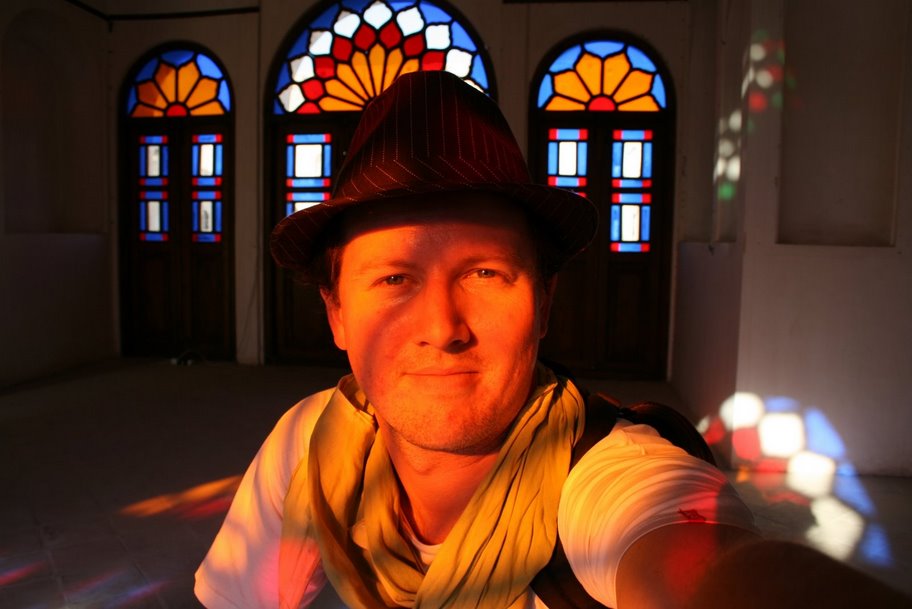I just spent a few days on the farm with my partner's family, who have a property of several thousand acres in a place called Bute, around 140km north of Adelaide, South Australia. Heard of Snowtown? Yup, the bodies in the barrels in the bank vault - near there.
This was my second trip but this time I learned a lot more about how agrarian socialism works in Australia. If I told my partner's family that they would probably stare blankly at me for lefty is a dirty word in Bute. But the interdependence of the families in the area amazed me - the impact each person had on the next. Something city slickers just cannot understand and proof to me why a simplistic approach as let the market rule just won't work.
Maybe it was learning about the young farmer who inherited his land and didn't spray his weeds which were jumping the fence into the neighbour's paddock. Or the people who lived up the road who weren't taking their turn to drive the kids to meet the school bus. Especially the Bute pub which has a new lecherous owner who locks everyone in after 2am and let's them drink until dawn and beyond - bringing despair for poor families at home and worry to parents of local girls working there. Or the experienced farmer who dug up a neighbour's water pipe to discover a water restricter that was put there in the 70s and by removing it saved much in time and dollars. Especially the devastation of the community caused by the fire at the abattoir. Naturally the understanding (yes) of the role of immigrants. And the sheep farmer dependent on the efficient farmer's best stubs of the new harvest to graze his flock. And the terrible roads, internet and mobile phone networks and so much more.
Naturally talk turned to water and climate change, a given in a place where the whole town stood still when the weather came on for a full ten minutes (in my house it was The Bill). The news mentioned the new $10 billion deal for the Federal Government to take control of the Murray-Darling basin system. Some in Bute said the idea of an expert commission was a good one, that the science should dictate the way to manage water, not the politics.
One went further and even suggested that the idea should be applied to our political system. Instead of politicians being elected to parliaments, representatives of key groups would be elected by their members for a six year term (and no more). To get elected in this system of Expertocracy, you have to be a member of a registered, member based organisation, eg the farmers, miners, steelworkers, doctors etc, the people that know how to run the country, he said. The parliament then elects the executive. And why not? Maybe we could use Germain's Generalized Expertise Measure (GEM) to set the standard? At least food for thought.
Thursday, March 01, 2007
Subscribe to:
Post Comments (Atom)


1 comment:
Hmmm - an interesting theory, and certainly one which would see a huge expansion in the lobbying industry, as every organisation under the sun vies to be 'preselected' as their industry's peak body.
After all, what makes us think that politicians are the best people to lead? What is it that they're actually good at? They are often good negotiators and advocates, but many lack real world experience (and not just those in the ALP - in this day and age, too many preselcted Libs are wildly conservative and almost by virtue of that, are very sheltered).
Theya re also generally beholden to their political parties - the great scourge of modern politics. Would an expertocracy differ?
While such a system would doubtless see a huge expansion in decisions which are self-interested, I guess that could also be seen as a positive: after all, that would almost be the premise upon which the system was based.
Post a Comment